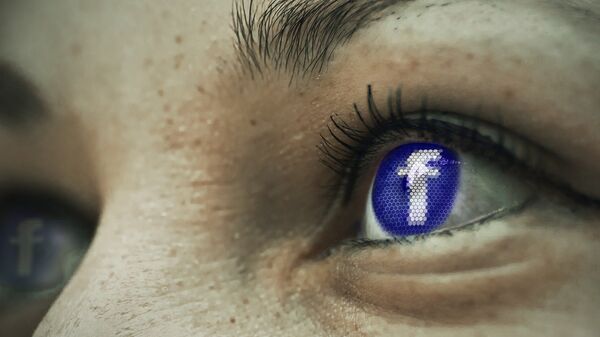"The short-term, dopamine-driven feedback loops that we have created are destroying how society works. No civil discourse. No cooperation. Misinformation. Mistruth. And it's not an American problem. This is not about Russian ads. This is a global problem. So we are in a really bad state of affairs right now, in my opinion," Chamath Palihapitiya, a major silicon valley investor, said in an interview at Stanford's Graduate School of Business.
Dr. David Baker from Lancaster University suggested Chamath Palihapitiya had taken a "sensationalist view" of the impact social media networks have on people.
Dr. Baker has analyzed 30 studies surrounding the research between Facebook and mental health but said that the link between the two is not yet fully understood.
"I think it's more complicated than that. The research identified the correlation between the two but not the cause. It might be more depressed people are using Facebook — but it's inconclusive that social network use can cause depression. Whilst there are correlations, it's not possible to determine the cause."
Facebook & Depression
"The findings we had were quite varied. Time spent on Facebook wasn't always associated with depression. It's about how you use social networks, rather than how long you use them for. Even if the comparisons with other users are positive, the impact of comparing yourself in an artificial environment can have an impact on depression. Rumination after such comparisons or time spent on Facebook can also have a negative impact on a user's mental health," Dr. Baker told Sputnik.
Facebook has more than 1.8 billion users worldwide and keeping track on its impact on its users behavior is "difficult, because networks evolve so fast," Dr. Baker said.
However, it isn't the first time one of Mark Zuckerberg's former colleagues has peered into the crystal ball of social media and been scared of what they see.
Former Facebook founder Sean Parker recently told reporters in Philadelphia that during the inception of the social network, the founders knew that they were creating something addictive that exploited "a vulnerability in human psychology."
READ MORE: 'God Knows What Facebook Is Doing to Kids' Brains,' Co-Founder Confesses



